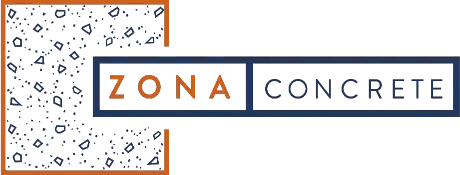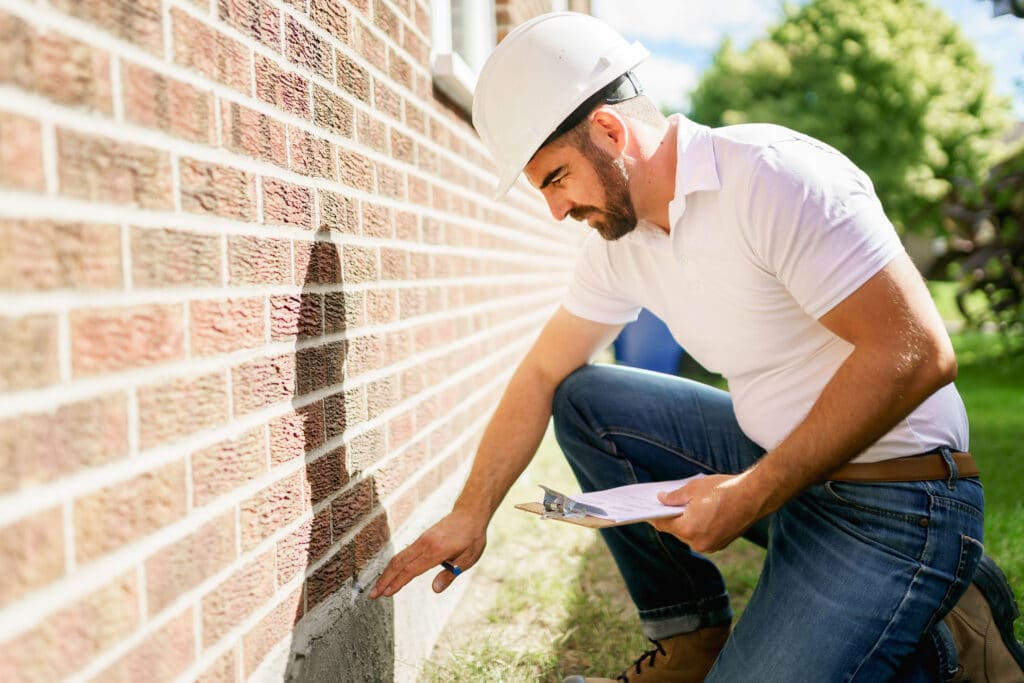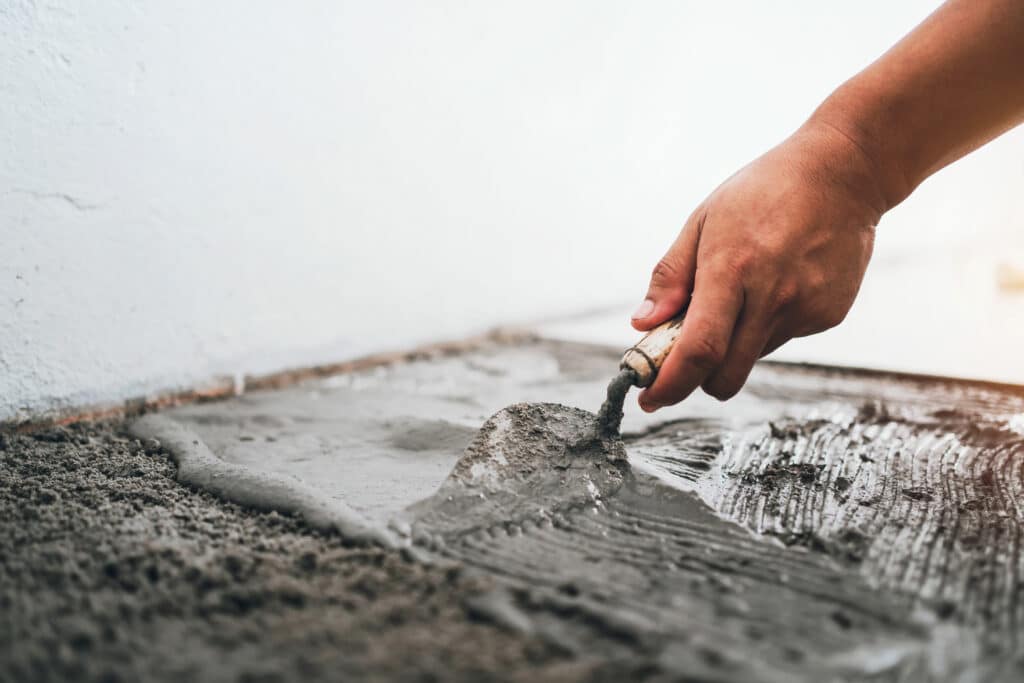Common Causes of Foundation Problems in Tucson
Foundation issues have a few possible causes. Here are the top ones for Tucson residents:
- Aging plumbing: The average Tucson home construction year is 1981. If you live in an older home, it's likely to have cast-iron plumbing. When the pipes start eroding, leakage could reach your foundation and even pool beneath it.
- Standing water: Water accumulation around your home can harm your foundation's integrity, especially when it collects in areas your gutter system doesn't protect.
- Improper modifications: Landscaping or roofing work that wasn't completed to standard could lead to your foundation settling.
- Tree Roots: Tree roots can enter a home's foundation through crevices, and may apply force that leads to your foundation cracking, pipes being damaged, and overall structural destabilization.
How to Choose the Best Foundation Repair Company
Your home's structural integrity relies on its foundation. It's essential to choose the top professionals possible. Focus your research on these attributes:
Licensing and Experience
The Arizona Registrar of Contractors licenses residential contractors separately from commercial ones. Ensure your foundation company has a residential general contractor or concrete specialty license. Some larger companies might hold "dual" licenses, meaning they can perform both home and business jobs. You can also get a sense of a company's experience through what its representatives say. Inquire about its inspection processes, local code requirements, permit-pulling procedures, and fees.
Another way to assess a company's standing is to look at its website. There, you can learn how long it's been in business and its trade credentials. It might also share insights and knowledge through blog posts, podcasts, or videos.
Customer Reviews
Before signing a contract with a company, review its online profile with the Better Business Bureau (BBB). You can examine both complaints and positive reviews. Complaints aren't necessarily a red flag in themselves. You want to discover how a company responds to them. If the management team proactively and consistently resolves issues, it's a good sign. However, if the company lacks accreditation, has more negative reviews, and doesn't communicate properly, you should avoid working with it.
Lastly, we recommend you search different websites, like Trustpilot and Google, for other reviews.
Foundation Repair Cost in Tucson
The cost of foundation repair can vary substantially based on the extent of the problems and what needs to be done to fix them. For minor foundation cracking and settling problems, you may pay as little as $1,800. However, if there is significant destruction, the normal cost will be around $2,800. More complex jobs involving digging, helical piers, or extensive concrete leveling could run you $6,800. See below the average foundation repair costs for common issues.
| Common Foundation Repair Services | Average Cost |
|---|---|
| Crack Repair | $335 |
| Leak Repair | $2,672 |
| Stabilization | $4,611 |
| Underpinning | $1,287 |
| Waterproofing | $2,949 |
Ready to Get a Quote on Your Foundation Repair Project?
Please enter a valid 5-digit zip code!
Frequently Asked Questions About Foundation Repair in Tucson
What will I pay to repair my foundation in Tucson?
What are some signs I need foundation waterproofing?
- Discoloration or odors
- Mold and mildew
- Plumbing leaks
- Uneven floors
- Hairline cracks
- Flooding
Are there any warranties or guarantees provided with Tucson foundation repair services?
Are there telltale signs I should avoid a particular foundation company?
To share feedback or ask a question about this article, send a note to our Reviews Team at reviewsteam@thisoldhousereviews.com.
More Foundation Resources
National Foundation Repair Ranking Methodology
Sources
U.S. Census Bureau (American Communities Survey)















